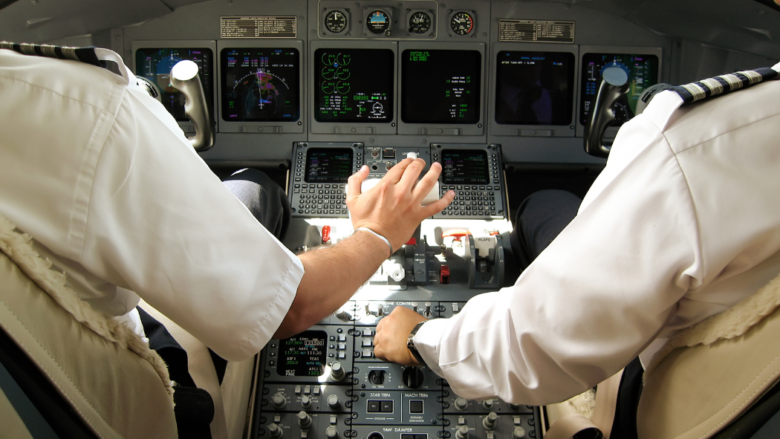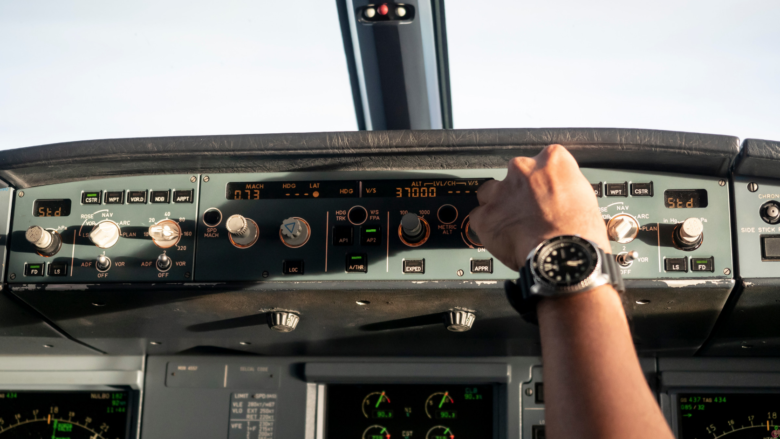English is by far the no 1 reason pilots fail at airline selections.
Of course, this doesn’t affect native English speakers, or those from countries where English is broadly spoken at a high level such as the Netherlands, Scandinavia or South Africa to name a few.
But for most pilots from other countries, English is a big differentiator that could keep an otherwise perfectly skilled pilot with all the right attributes away from career success, and for quite a long time too.
I’ve recently seen a pilot complain on LinkedIn that he hadn’t been invited for any selection, despite having many more hours than most. I could feel his despair. But then his post, and all those preceding were written in such poor English, that if his CV and Cover letter were of the same quality, he would never be invited.
It usually starts at application level. If you’ve only got a level 4, chances are you’ll be invited after all other similarly qualified pilots with a level 5 or 6 have been invited. Why ? Because whilst a level 4 can often speak well, their chances at the group and final interview stage are just so much lower. Put yourself in the shoes of the person filtering application forms for a second here…
And then if the CV and Cover Letter are poorly written, then it’s just not going to work. Yes, some candidates don’t get their application forms, CVs and Cover Letters professionally reviewed. That’s a major mistake that will no doubt cost a lot of opportunities as why would an airline waste their time with a candidate who’s not made the effort?
How can I work on my English, you will ask. Let us be clear, it is difficult and will take a lot of work and dedication from you to compensate for hours of High School English classes.
You can travel abroad, try and get a gap job in the UK or the US after flight school, sure. You can also take the bull by the horns the day you decide to become a pilot and work on your English. And if you’ve waited until now, to start tomorrow.
Private lessons are expensive, and in our mind, aren’t the way to go. There are many ways you can improve your English, and group lessons in a local professional school can be the way. Listening to BBC Podcasts and English movies as well as subscribing to a service like Babbel is another way.
We have developed a bridge course which we’ve priced very affordably, that is aimed at helping you improve your aeronautical English with eLearning.
We call it English Proficiency Course, and we’re very proud of it. Simple in design, this course will save you hundreds in private lessons and improve your general English and aeronautical English at the same time. It is to be seen as a foundational course for the FCL 055, whilst more deep work has to be done by the student, perhaps picking up their High School books, to rebuild the general English foundation from scratch.
Its very affordable price makes it a no-brainer for anyone of any level looking to sit the FCL 055 exam, and for any pilot looking to improve their English.
At time of writing, it is limited to French native speakers, but we will be adding more languages as we go. If you are an FCL 055 teacher in your home country outside of France, be in touch with us, we may have a job for you.
And in the meantime, just work on your English like your career depended on it… because it does.
The Airline Selection Programme team



